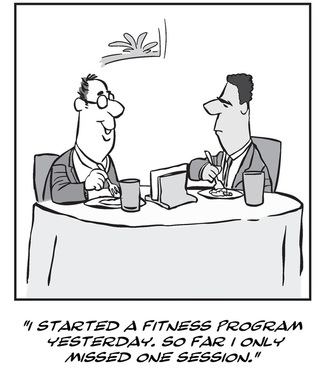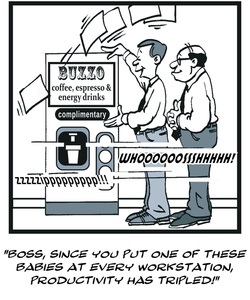The problems, as they most often do, arise when we scratch the itch too often. Pick at a scab too much, eventually it will bleed, and potentially worsen to the point of infection. The same can be said about how distractions affect the mind—a few feel good, alleviate tension, and may even unclutter your mental bandwidth. Too many and we become infected with the habits of the unproductive.
There’s a clear distinction between scratching the itch curiosity and picking the scab of compulsions.
Knowing this, what then can we do to ensure that the whole of our time is well-invested, so to speak?
To-Do lists are antiquated. Action lists, popularized by GTD, identify specific tasks (such as front squatting), rather than general projects (such as “working out”), that must be performed in order to progress you towards the attainment of your goal. Assembling an action list, rather than a to-do list, provides clarity as to where you should focus your efforts.
2. Bulk Activities
Bulking, also known as “batching,” is a method used to allocate blocks of time to similar tasks. Certain chores naturally lend themselves to batching, such as laundry—rarely do you find someone who intermittently washes their socks throughout the day. If you subscribe to Parkinson’s law (I certainly do), which states that work expands to fill the time allotted to it, I urge you to investigate the Pomodoro technique, created by Francesco Cirillo in the 1980’s. The Pomodoro technique helps to eliminate distractions, focus attention, and best of all, it gives me an excuse to use Clocky.
3. Avoid multi-tasking
Focus your efforts intently on accomplishing one task at a time. Multi-tasking, or the attempt thereof, dilutes concentrated effort and squanders time. Attempting to switch between multiple tasks is both inefficient and ineffective. Instead, “swallow the frog first” (get the most painful but necessary activity out of the way), and watch as your focused efforts create momentum.
4. Surge and Purge
Depending on the dosage administered, work can either be exhausting or invigorating to the mind. Work intensely. Rest intensely. Many forgo the latter, suffer burnout, and output diminishes. For every twenty five minutes of intensive effort, rest for five (at least).
5. Eliminate All Possible Distractions
Omitting the spontaneous impetus of an unruly St. Bernard, many possible distractions can (and ought) to be mitigated through thoughtful preparation. Log off Facebook, turn the ringer off on your cell phone, and learn to say “no” to people asking for “just a minute of your time” during peak productivity time. It’s OK to say no to people. Really, it is.
Have you experimented with any of the techniques mentioned above? If so, what have been your results—either inside, or outside of the gym? I would love to hear your experiences in the comment section.
Please procrastinate responsibly,
– Pat Flynn

